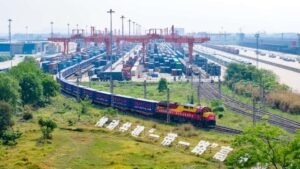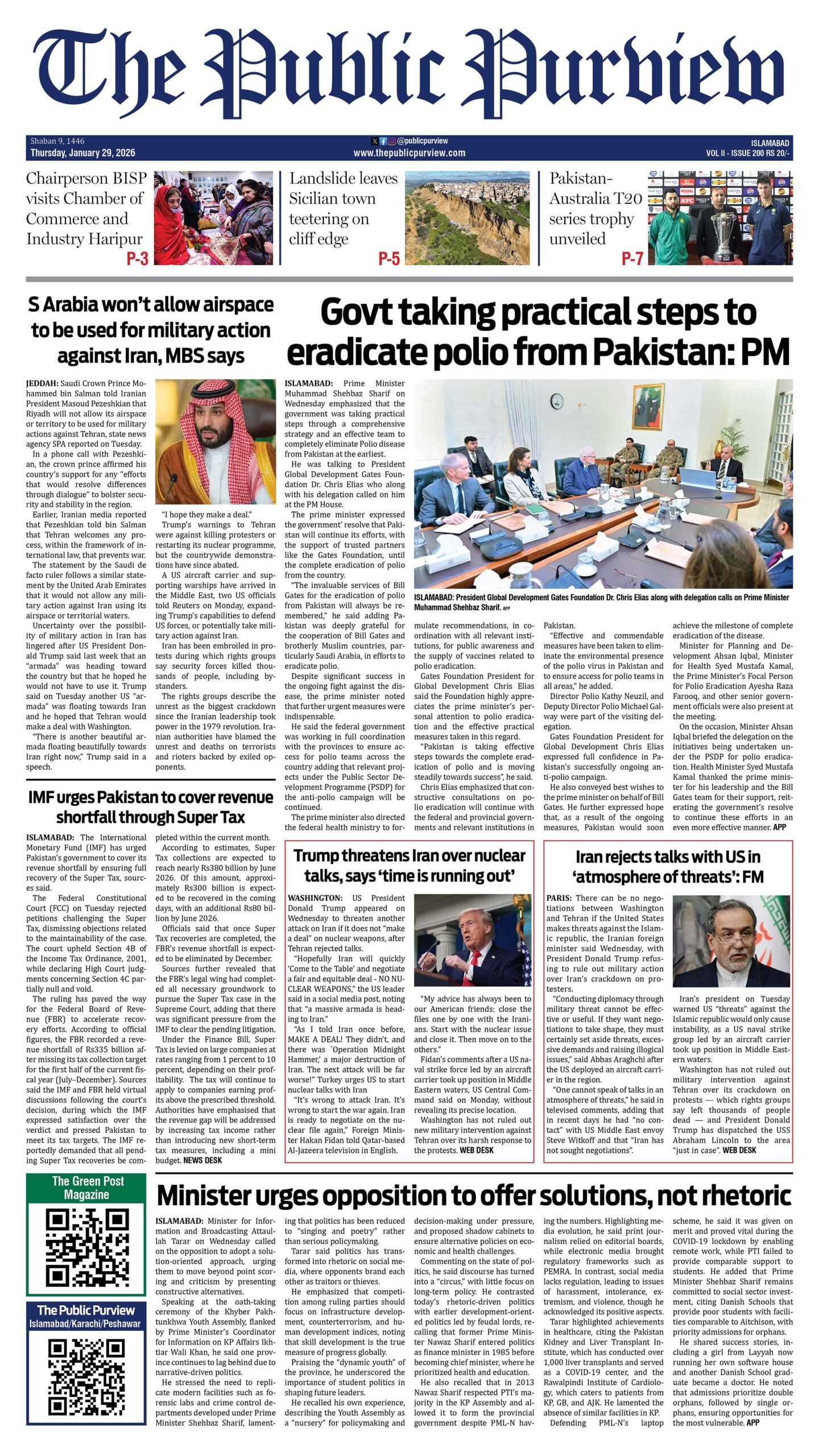By Wang Yongzhan, People’s Daily
Chengdu, a key city in southwest China’s Sichuan province, has become a magnet for foreign businesses and investors, thanks to its rich cultural heritage, convenient location, and strong pro-business environment. Today, more than 4,000 foreign-invested enterprises are based in the city, and over 100,000 foreigners live and work there.
When Dutch national Robert was asked why he settled in Chengdu, he instantly cited the local expression: “Ba shi,” meaning “ideal comfortable.”
In 2008, while attending university in the Netherlands, Robert met his future wife, Chen Ruze, a Sichuan native. After graduating and beginning careers, the couple visited Chen’s hometown Zigong in 2013, extending their trip to Chengdu
Known for its long history and vibrant culture, Chengdu ranks among China’s most compelling cities for international visitors. Robert found himself captivated not only by the city’s famous landmarks but also by quintessential local scenes – citizens dancing in public squares or leisurely drinking tea in traditional teahouses – all epitomizing the city’s signature unhurried lifestyle.
In early 2015, the couple moved to Chengdu permanently. Robert began learning Chinese and adapting to local customs. “Here, you can enjoy both tradition and modernity – historic sites, pandas, Sichuan opera, exhibitions, hot pot, teahouses. There’s always something new to experience,” he said.
Around the same time, Chengdu unveiled its plan to become an international exchange center, rolling out policies to attract overseas professionals and international students. “After conducting thorough market research, we decided to start a company to help foreign talent find jobs in China,” Robert said.
In 2016, Robert founded the company eChinaCareers. The following year, the company moved into an industrial park built for international talent in Chengdu High-tech Industrial Development Zone, benefiting from subsidized rent policies. “We primarily help international schools and foreign enterprises in China with talent acquisition,” explained Chen Ruze.
In 2023, the company relocated to the nearby International Talent Hub, which is also in the Chengdu High-tech Industrial Development Zone. The company continued to enjoy rent-free space.
Leveraging the platform of International Talent Hub, the Chengdu High-tech Industrial Development Zone aims to become a major hub for human resources services in central and western China and a vibrant zone for young global innovators and entrepreneurs.
Chengdu’s international appeal has grown significantly in recent years. According to Ctrip’s 2024 Chinese travel destination heatmap, Chengdu ranked as the top destination for foreign tourists in China. A wide range of talent programs and streamlined mechanisms for attracting overseas professionals have helped Chengdu earn repeated recognition as one of the best Chinese cities for talent and a top destination in the eyes of expats.
This environment also creates opportunities for eChinaCareers, which has helped tens of thousands of foreign professionals find jobs. “More and more foreigners are coming to Chengdu and falling in love with it,” said Robert, adding that his company now also helps local talent explore international opportunities.
At a Chengdu production facility of Australian medical device company Cochlear, general manager of Cochlear China Li Xinyu was inspecting the latest batch of cochlear implants.
In September 2017, Cochlear approved plans to build a production base in Tianfu New Area, Sichuan. It would become the company’s sole overseas manufacturing site for cochlear implants. With an investment of about $87 million in buildings and equipment, the Chengdu facility officially began operations in 2021.
“Chengdu has an advanced transportation network and serves as a key node along the Belt and Road,” Li explained. “The components we use can be shipped here quickly and cost-effectively by rail or air.”
Soft infrastructure also plays a role. “At every stage of project development and operations, we received robust multi-level support,” Li said. After the project was approved, the local government in Tianfu New Area provided tailored one-on-one assistance with incentive applications. “With institutions like the University of Electronic Science and Technology of China, the city offers a deep talent pool, and dozens of top hospitals present huge potential for cooperation.”
Chengdu’s logistical advantages have strengthened since operations began. “Dual international airports enable efficient distribution across China and Southeast Asia,” said Li. With support from customs and other agencies, clearance time for shipments has dropped from two weeks to just one day, significantly reducing logistics costs.
With convenient transportation and an open, business-friendly environment, Chengdu continues to attract foreign investment. In 2024, the city’s international airports handled over 87 million passengers and more than 1 million tons of cargo. In the first four months of this year, Chengdu brought in $656 million in foreign direct investment, ranking first among all cities in western and central China.

A train loaded with machinery and auto parts departs from a railway port in Chengdu, southwest China’s Sichuan province for Kolyadichi, Belarus. (Photo by Bai Guibin/People’s Daily Online)

Photo shows the Tianfu International Financial Center in Chengdu, southwest China’s Sichuan province. (Photo by Peng Huan/People’s Daily Online)

A foreigner poses for a selfie at the 20th Western China International Fair held in Chengdu, southwest China’s Sichuan province. (Photo by Chen Dongdong/People’s Daily Online)






 Today's E-Paper
Today's E-Paper